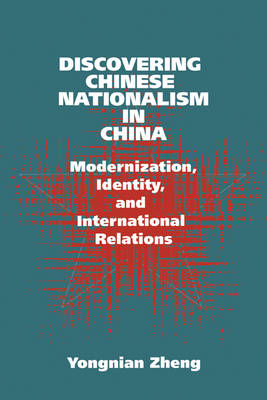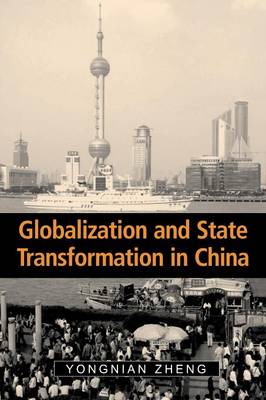Cambridge Asia-Pacific Studies
2 total works
This book explores the revival of Chinese nationalism in the 1990s, and analyses the ways in which the West deals with this phenomenon. Yongnian Zheng discusses the complicated nature of China's new nationalism and presents the reader with a very different picture to that portrayed in Western readings of Chinese nationalism. He argues that China's new nationalism has been a reaction to changes in the country's international circumstances and can be regarded as a 'voice' over the existing unjustified international order. Zheng shows that the present Chinese leadership is pursuing strategies not to isolate China, but to integrate it into the international community. Based on the author's extensive research in China, the book provides a set of provocative arguments against prevailing Western attitudes to and perceptions of China's nationalism.
Globalization has thrown up challenges and opportunities which all countries have to grapple with. In his 2004 book, Yongnian Zheng explores how China's leaders have embraced global capitalism and market-oriented modernization. He shows that with reform measures properly implemented, the nation-state can not only survive globalization, but can actually be revitalized through outside influence. To adapt to the globalized age, Chinese leaders have encouraged individual enterprise and the development of the entrepreneurial class. The state bureaucratic system and other important economic institutions have been restructured to accommodate a globalized market economy. In rebuilding the economic system in this way, Zheng observes that Chinese leaders have been open to the importation of Western ideas. By contrast, the same leaders are reluctant to import Western concepts of democracy and the rule of law. The author argues that, ultimately, this selectivity will impede China's progress in becoming a modern nation state.

